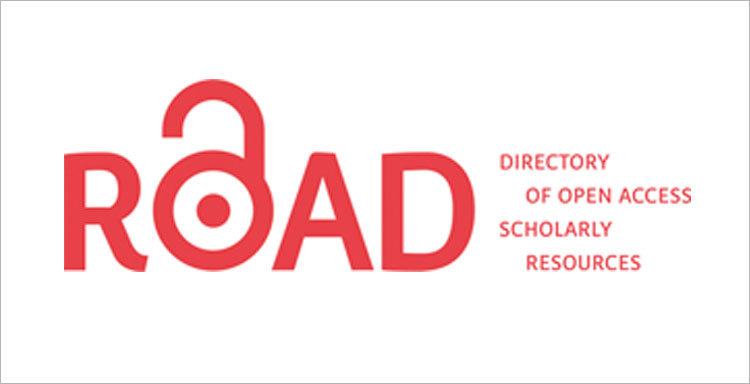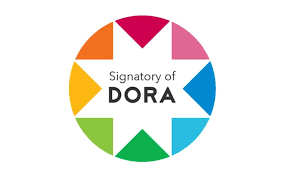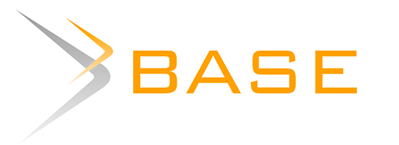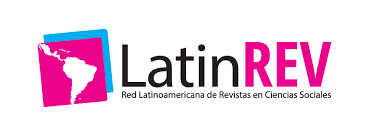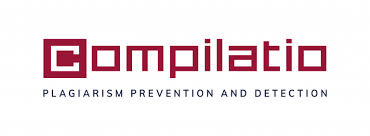Disruptive behaviors in the Early Childhood Education classroom: perceptions and teaching practices analyzed from Positive Discipline
DOI:
https://doi.org/10.56124/sapientiae.v7i14.0011Keywords:
Disruptive behaviors, Problematic behaviors, Initial education, Early childhood, Positive disciplineAbstract
Disruptive behaviors in the Early Childhood Education classroom: perceptions and teaching practices analyzed from Positive Discipline
ABSTRACT
Disruptive behaviors can be understood as those that occur in some children frequently and with great intensity, without an adaptive purpose and that usually cause discomfort in the classroom and can even, in certain cases, cause harm. These behaviors represent an important challenge for teaching in Early childhood education. Therefore, our objective was to Analyze the disruptive behaviors that occur in children aged 4 to 5 years old, from an approach based on Positive Discipline. This model of parenting and support, widely disseminated in recent years, has allowed us to move from traditional views and practices to other affective and respectful ones that could be defined thanks to the analysis of teaching narratives. In this process, 5 early education teachers from two educational centers in the province of Azuay participated, with whom we conducted in-depth interviews; classroom observations aimed at 13 previously identified cases of disruptive behaviors; and discussion groups with emphasis on case analysis. The findings revealed, on one hand, the relationships between parenting styles and the emergence of disruptive behaviors in early childhood, as well as the impact of these on the socio-affective development of boys and girls and, on the other hand, the perceptions and teaching practices in addressing these behaviors that can be grouped into behavioral, cognitive-constructivist and social approaches.
Downloads
References
Álvarez-Hernández, M., Castro-Pañeda, P., González-González-de-Mesa, C., Álvarez-Martino, E., y Campo, M. Á. (2016). Conductas disruptivas desde la óptica del docente: validación de una escala. Anales de Psicología/Annals of Psychology, 32(3), 855-862. ), 855-862
http://dx.doi.org/10.6018/analesps.32.3.223251
Arias, A., Burgos, S., Segarra, R y Proaño, M. (2022). La disciplina positiva en la adquisición de normas de convivencia social en niños de 4 a 5 años. Guayaquil: Ingenius Academy.
Arispe, C., Yangali, J., Guerrero, M., Lozada, D. O., Acuña, L., y Arellano, C. (2020). La investigación científica. Una aproximación para los estudios de posgrado. Chile.
Bisquerra, R., Pérez, J. y García E. (2015). Inteligencia emocional en educación. Madrid: Síntesis
Calvo, A. (2010). Jornadas para mejorar la convivencia escolar. Disrupción en las aulas: análisis e intervención. Murcia: Consejería de Educación.
Castillo, K. Chávez, P. y Zoller, M. (2019). Factores familiares y escolares que influyen en los problemas de conducta y de aprendizaje en los niños. Revista de Investigación en Ciencias Sociales y Humanidades, 6(2),124-134.
Cuña, A. R. y Gómez, M. C. (2017). Estrategias de intervención en conductas disruptivas. Educación por escrito, 8(2), 278- 293. http://dx.doi.org/10.15448/2179- 8435.2017.2.27976
Erikson E. (1963). Childhood and society. 2nd ed. New York: Norton.
Espinosa, E. y Calva, D. X. (2020). La ética en las investigaciones educativas. Universidad Y Sociedad, 12(4), 333–340. https://rus.ucf.edu.cu/index.php/rus/article/view/1652
Fernández, M. (2021). Estilos de comunicación para abordar los conflictos en el aula de clase. Revista Criterios, 2(28), 15. https://doi.org/10.31948/rev.criterios/28.2-art2
Jaraba, R y Bertel Barreto, J. (2021). Percepción emocional en adolescentes de 14 a 16 años con conductas disruptivas y sin conductas disruptivas de una institución educativa regular del departamento de Sucre. Colombia: CECAR.
Ministerio de Educación del Ecuador. (2022). Disciplina positiva Cartilla para docentes del subnivel II de Educación inicial y Preparatoria. https://recursos.educacion.gob.ec/red/disciplina-positiva/
Ministerio de Educación del Ecuador. (2023). Situaciones de violencia detectadas o cometidas en el sistema educativo. Quito: MINEDUC. Código ISBN: 978-9942-22-087-5.
Méndez, I., Aguirre, M., Carrera, L., Quintana, E. T., y Espinoza, N. R. (2024). El docente como mediador de hábitos escolares: Una perspectiva desde la disciplina. 593 Digital Publisher CEIT, 9(2), 791-806.
Nelsen, J. (2015). Disciplina Positiva (3ª ed.). Manole.
Orts, J. V. (2013). Resolución de conflictos en el aula. Madrid: Santillana
Palacio, P. y Vélez M. (2018). El papel de la familia en el desarrollo social del niño: una mirada desde la afectividad, la comunicación familiar y estilos de educación parental. PSICOESPACIOS, 12(20), 173-198.
Saco-Lorenzo, I., González-López, I., Martín-Fernández, M. A., y Bejarano-Prats, P. (2022). Conductas disruptivas en el aula. Análisis desde la perspectiva de futuros docentes de Educación Primaria. Education in the Knowledge Society (EKS), 23. https://doi.org/10.14201/eks.28268
Salinas, K., Rojas, T., y Macías, I. (2023). Las conductas disruptivas: Retos para el docente ecuatoriano en la atención a la diversidad y la inclusión educativa. Polo del Conocimiento: Revista científico-profesional, 8(6), 418-432. DOI: 10.23857/pc.v8i16
Santa Cruz, Flor Fanny, y D'Angelo, Giuliana. (2020). Disciplina positiva para el desarrollo de las habilidades emocionales. Revista de Investigacion Psicologica, (24), 53-74.
Unceta, A. (2018). Cambios sociales y educación notas para el debate. Revista de Educación, 347. 419-43
Vidal, C. R., Cilia, R. y Tarazona, V. (2016). Propuesta: la disciplina positiva como estrategia para promover adecuadas pautas de crianza y manejo emocional en los niños durante su etapa preescolar. Nuevos Cuadernos de Pedagogía, (5), 19-27.
Zambrano Vélez, W. A., Uribe Veintimilla, A. M., y Tomalá Chavarría, M. D. (2022). Conductas disruptivas en niños y niñas de Educación Inicial. Revista Ciencias Pedagógicas e Innovación, 9(2), 20-32. https://doi.org/10.26423/rcpi.v9i2.422
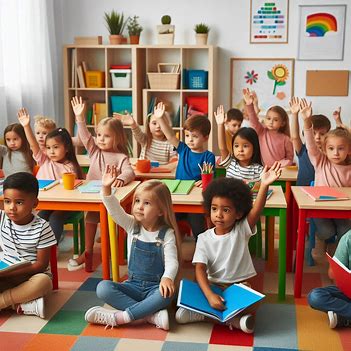
Published
How to Cite
Issue
Section
License
Copyright (c) 2024 Revista Científica Multidisciplinaria SAPIENTIAE. ISSN: 2600-6030.

This work is licensed under a Creative Commons Attribution-NonCommercial-ShareAlike 4.0 International License.

2.jpg)


